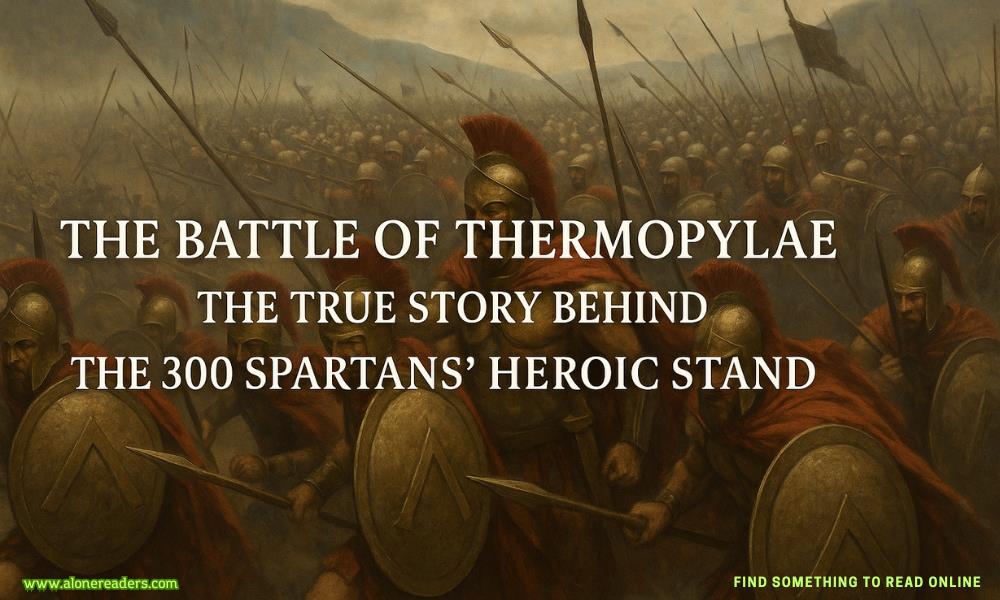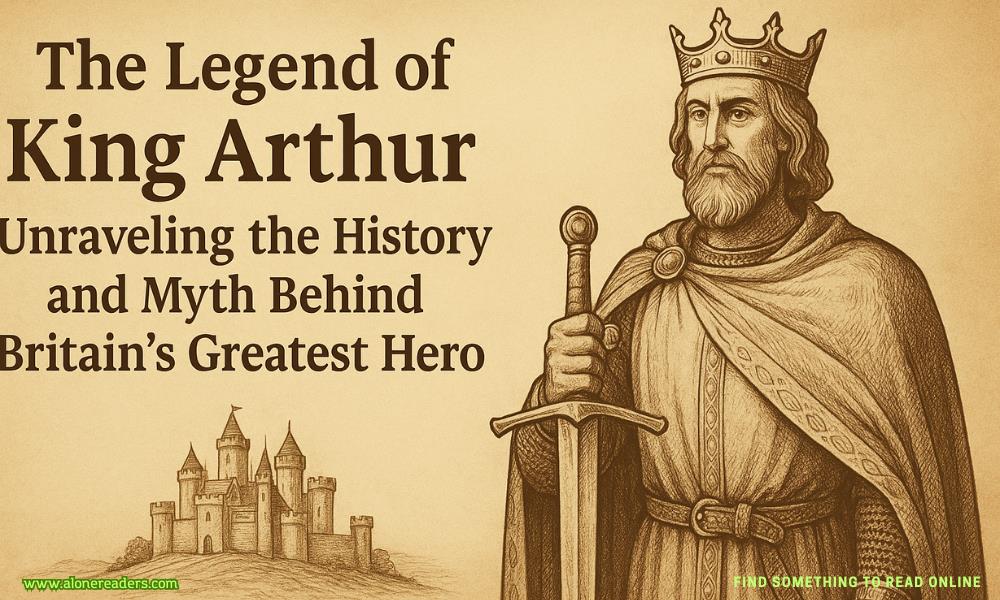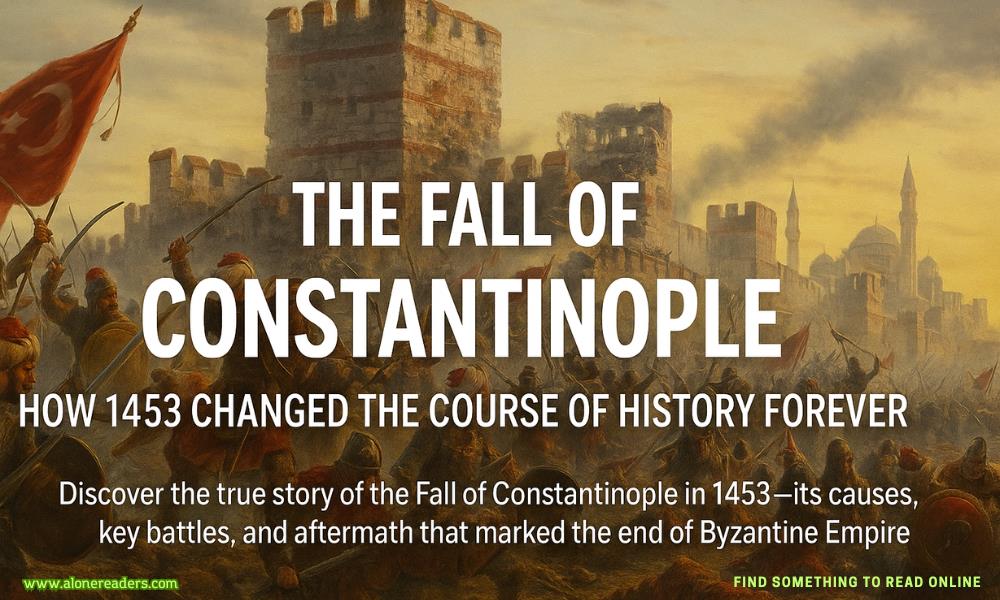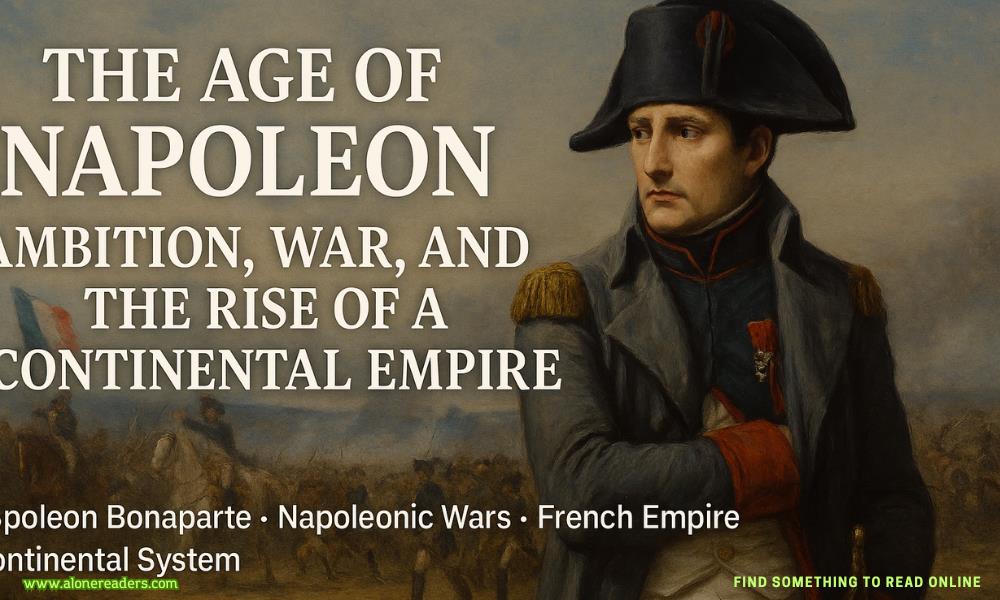Page 70 of The Jesus Incident (The Pandora Sequence 1)
“Not hallucinating.”
That voice again! The cradling tentacles shifted, but he still saw only blue haze and . . . and . . . Nothing else was certain.
The chatter continued in his mind—memories or present, he did not know. His head whirled. Fragments of what appeared to be holorecords danced behind his eyes.
I’ve finally gone all the way—really insane.
“Not insane.”
No . . . I just talk to myself.
The chatter had begun to separate into discriminate pieces. He thought he recognized specific snatches of conversation, but the internal holorecord terrified him. He felt that the entire planet had become eyes and ears just for him, that he was . . . everywhere.
In fits and starts, silence returned. He felt it wash through his mind. Slowly—the creep of some small creature up a gigantic wall—he felt those other eyes and ears remove themselves from his awareness.
He was alone.
What the hell is happening to me?
No answer.
But he sensed the cadences of his mind’s voice echo down a long, dark system of tunnels and corridors. He was in darkness. And somewhere in this dark was an ear to hear and a voice to answer. Waela was there. He sensed her as though he could reach out with one hand and touch . . .
The tentacles no longer enclosed him!
One palm touched the ground . . . rock, sand. Darkness all around. Waela remained there—-calm, receptive.
I’ve turned into some kind of a damned mystic.
“Live mystic.”
That voice! It was as real as the wind he felt abruptly on his face. He knew then that he knelt on some dark ground with . . . with haze turning luminous blue all around. And he remembered, really remembered being picked up by a hylighter. Most precious memory: He nursed it as though it were his only child. Memory: a shimmering expanse of sea, narrow ribbon of coast winding itself out of sight, the most rugged mountains of Pandora lifting from the sea and plain—Black Dragon.
“Look up, Raja Thomas, and see how the child becomes father to the man.”
He tipped his head and saw ripplings of bright yellow and orange in the blue mist. A whistling song astounded his ears. It was a small hylighter directly overhead in the mist. Tentacles brushed the ground around him. The mist began to thin, pushed by the breeze he could feel on his skin. He smelled floral perfumes. Visibility moved outward through air thick and warm with water vapor. He looked right and left.
Jungle.
Without knowing how it came about, he understood his surroundings: a large crater nestled in black rock, a captive cloud layer creating an inversion with protected warmth beneath the crater’s rim.
One of the hovering hylighter’s tentacles snaked toward him, touched the back of his left hand. It felt as warm and soft as his own flesh. A small trickle of condensation ran down the back of his neck. He looked up at the hylighter. Another tentacle dripping condensation dangled directly above him.
Calmness fled.
What’s it going to do to me?
His gaze moved all around: warm blue mist.
Crack!
Far overhead, a bright flash of lightning flared horizontally across the haze. He felt the prickling presence of it along the hairs on the back of his neck and arms.
Where is this place?
“Nest.”
He felt that he was not really hearing that voice. No . . . it played on his aural centers the way Ship’s voice played, but it was not Ship.
Still, he sensed reality in what his eyes reported. A hylighter tentacle touched his hand; another hovered over him. The jungle remained right out there. Perhaps he was seeing what he desired most: the legendary refuge, the place of the horn of plenty, where there were no worries and no passage of time: Eden.
I’ve taken refuge in my own mind because of Ship’s decision to end us.
He ventured another look at the mist-wrapped jungle all around—mottled clumps of trees and vines with odd colors hidden in the green.
“Your senses do not lie, Raja Thomas. Those are real trees and vines. Do you see the flowers?”
The colors were blossoms—red, magenta, draping cascades of golden yellow. It was all too perfect, a delicate fiction.
“We find the flowers quite pleasant.”
“Who . . . is . . . talking . . . to . . . me?”
“Avata talks to you. Avata also admires the wheat and com, the apple trees and cedars. Avata planted here what was swept away and abandoned by your kind.”
“Who is Avata?”
Thomas stared up at the hovering hylighter, afraid of the answer he might get.
“This is Avata!”
Visions flooded his senses: the planet in light and darkness, the crags of Black Dragon and the plains of The Egg, seas and horizons—a confusion which overwhelmed his ability to discriminate. He tried to cringe away from it, but the visions persisted.
“The hylighters,” he whispered.
“We choose to be called ‘Avata’ by you, for we are many and yet one.”
Slowly, the visions withdrew.
“Avata brings Panille to help you. See?”
He swung his gaze wide and saw, on his left, another hylighter descending through the blue mist, a naked Kerro Panille clutched in a loop of tentacle. Panille swam in the air like a persistent aftervision. The hylighter dropped him centimeters from the ground. He landed on his feet and strode toward Thomas. The sound of Panille’s feet scuffing in sand could not be denied. The poet was real. He had not died on the plain or been killed by the hylighters.
“You are not hallucinating,” Panille said. “Remember that. This is not fraggo. It is a trading of Self.”
Thomas climbed to his feet and the trailing tentacle of his hylighter moved with him, not breaking the contact against the back of his hand.
“Where are we, Kerro?”
“As you surmised—Eden.”
“You read my thoughts?”
“Some of them. Who are you, Thomas? Avata expresses great curiosity about the mystery of you.”
Who am I? He spoke what was in the front of his mind: “I am the bearer of evil tidings. Ship is going to end humankind forever. We have . . . less than seven diurns.”
“Why would Ship do such a thing?” Panille stopped less than a pace from Thomas, head cocked to one side, a quizzical, half-amused expression on his face.
“Because we cannot learn how to WorShip.”
Chapter 58
The forgotten language of our animal past conveys the necessity for challenges. Not to be challenged is to atrophy. And the ultimate challenge is to overcome entropy, to break through those barriers which enclose and isolate life, limiting the energy for work and fulfillment.
—Kerro Panille, I Sing to the Avata
FOR A long heartbeat, Hali stood immobile in the passage while she stared at Murdoch and the weapon he carried—that deadly laser scalpel. She could see Docking Bay Eight directly behind him—the freighter and escape lay there. They had less than two minutes now until the automatic system propelled that freighter into space for the long dive to Pandora. A quick glance at the unconscious Waela on the gurney beside her showed no change there, but the target of that laser scalpel appeared obvious. Hali interposed her own body between Murdoch and Waela. She heard old Win Ferry gasp as she moved.
Hali kept her attention on the scalpel, cleared her throat, and found her voice astonishingly calm. “Those things are meant to save lives, Murdoch, not take them.”
“I’ll be saving a lot of lives by getting rid of this TaoLini woman.” His voice reminded her of that faraway time when Ship had allowed her to be confronted by Foul-breath below the Hill of Skulls.
Ship? The unspoken plea filled her mind.
Ship made no response. It all depended on her then.
Ferry had stopped the gurney two paces from Murdoch and stood now at Hali’s left, trembling.
Murdoch waved the scalpel at them. “This is made to excise unnatural
growth from a healthy body. She . . .” He glared at the unconscious Waela. “. . . defiles us.”
Again, Hali found her memory filled with the faces of the Hill of Skulls—passionate eyes and violence thinly restrained behind them. Murdoch’s face was one of those.
“You have no right,” she said.
“I have this.” He flicked the scalpel’s laser blade in a searing arc past her right cheek. “That’s all the right I need.”















